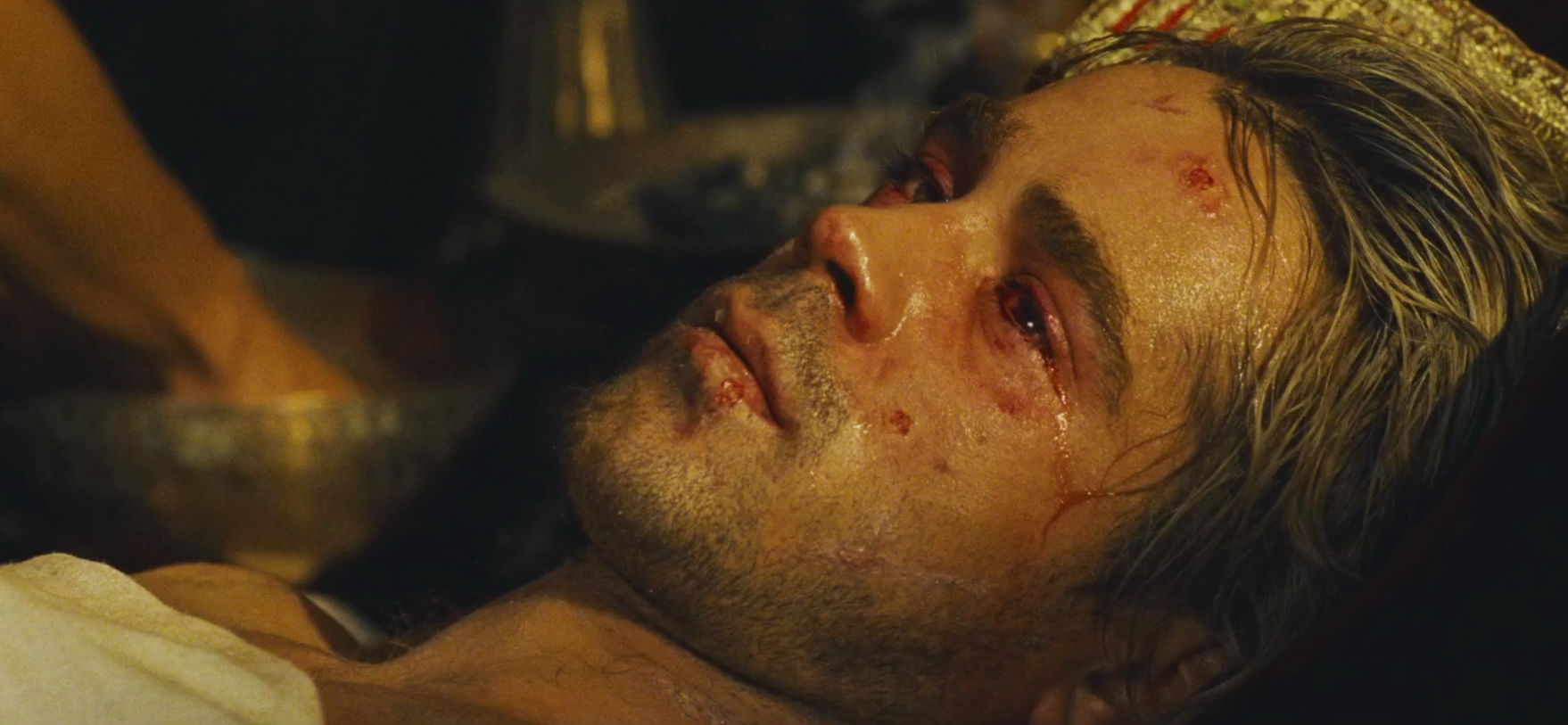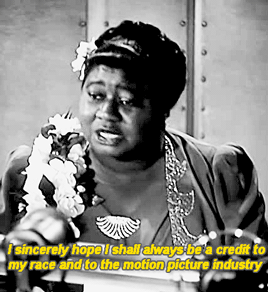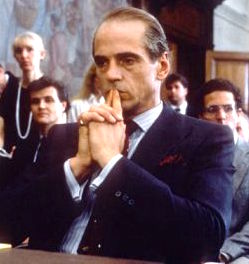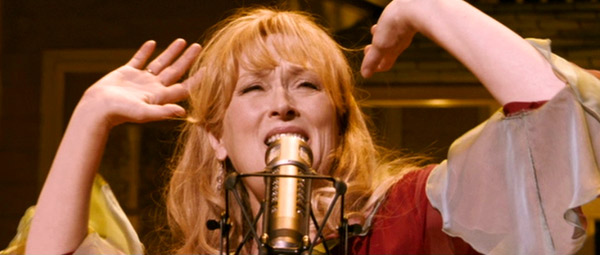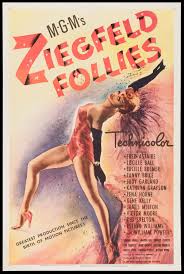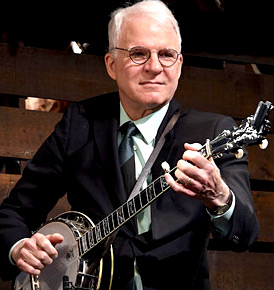Emmy FYC: Supporting Actress in a Comedy - Donna Lynne Champlin in "Crazy Ex-Girlfriend"
 Saturday, June 11, 2016 at 5:00PM
Saturday, June 11, 2016 at 5:00PM Emmy nomination voting begins Monday. For the next week or two we'll be sharing FYCs of some kind. Here's Dancin Dan...
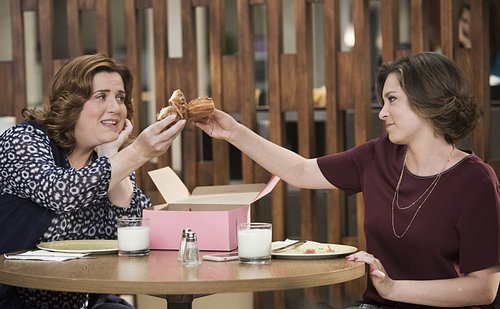
Let's get one thing out of the way first: Crazy Ex-Girlfriend deserves Emmy nominations for pretty much every category in which it's eligible. Golden Globe winner Rachel Bloom gave the most fearless, consistently great performance on TV this year as Rebecca Bunch, an attorney from New York who had a nervous breakdown and moved to West Covina, CA to chase after her ex-boyfriend from summer camp (Vincent Rodriguez III, taking a bland character and shading him just enough to make him more and more worthy of Rebecca's obsession). Bloom and Aline Brosh McKenna created the musical comedy that fans of the genre have been waiting for, cleverly challenging expectations at every turn while maintaining a consistent level of quality that has eluded TV's other attempts at the genre (sorry, Glee and Smash).
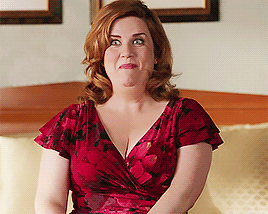 But if the show can only get one nomination, the one I'm hoping for most - aside from Bloom, who will get and deserve plenty of articles like this until the nominations are announced - is for Donna Lynne Champlin as Best Supporting Actress. Champlin plays Paula, the office manager Rebecca's new law firm. In the pilot episode, Paula becomes as obsessed with Rebecca as Rebecca is with Josh...
But if the show can only get one nomination, the one I'm hoping for most - aside from Bloom, who will get and deserve plenty of articles like this until the nominations are announced - is for Donna Lynne Champlin as Best Supporting Actress. Champlin plays Paula, the office manager Rebecca's new law firm. In the pilot episode, Paula becomes as obsessed with Rebecca as Rebecca is with Josh...
 Crazy Ex Girlfriend,
Crazy Ex Girlfriend,  Donna Lynne Champlin,
Donna Lynne Champlin,  Emmy,
Emmy,  FYC,
FYC,  Supporting Actress,
Supporting Actress,  TV,
TV,  comedy,
comedy,  musicals
musicals 


